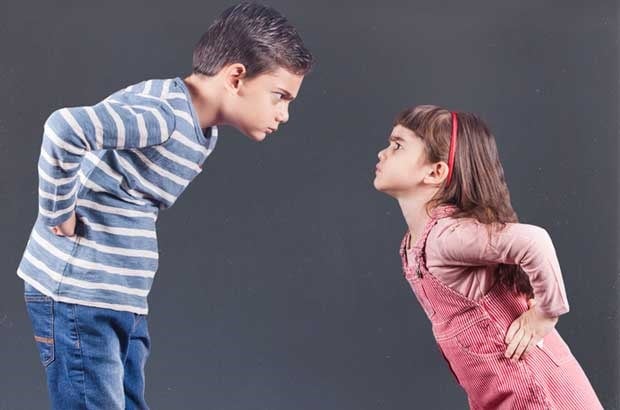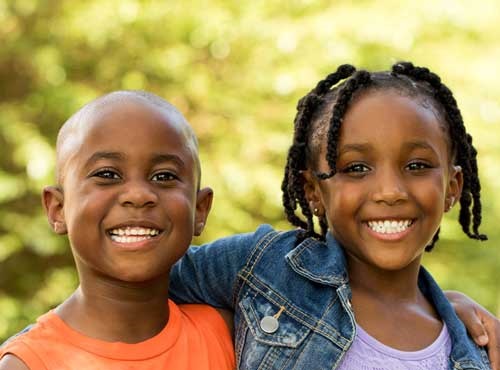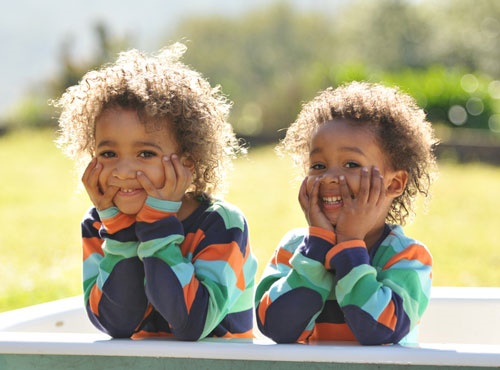
This story by The Conversation is republished as part of our series of articles written by local and international academics and researchers. The views expressed don't necessarily reflect that of Parent24 or Media24.
For decades, researchers have demonstrated the numerous ways in which parents can positively influence their children’s development. This includes how confident they are, how well they do in school and how they interact with their friends
Far less attention has focused on the impact of children’s relationships with their brothers and sisters, despite the fact that most people grow up with at least one sibling and they tend to spend more time with one another than with parents or friends.
Our research at the University of Calgary and the University of Toronto shows that siblings, like parents, can have a dramatic impact on one another’s development.
We’ve found, for example, that warmth and support from an older sibling can help boost the younger sibling’s language development and their understanding of others’ minds and points of view.
In a new paper, published in the journal Child Development, we show that siblings can also play a role in the development of empathy.
We found that children who are kind, supportive and understanding influence their siblings to act and behave in similar ways. And if one sibling is struggling to be empathic but has a sibling with strong empathy skills, they manage to become more empathic over time.
Studying sibling empathy
A child who demonstrates strong empathy skills is able to show feelings of care and concern for others in need.
Learning to be empathic early in development can set in motion lifelong strengths in treating others with kindness, respect and understanding. Empathic children become empathic friends, spouses and parents.
In the research context, we study empathy by observing how young children respond to an adult who pretends to be upset when they broke a cherished object, hit their knee or caught their finger in a briefcase.
We are interested in how empathy skills grow over time and whether one sibling’s empathy influences the other sibling’s growth in empathy.
What’s important in this newly published research is that we were able to remove the influence of parents so we can attribute growth in a child’s empathy skills directly to their sibling (and not their parents).
- Also see: Sibling rivalry management tips
Younger siblings have influence too
We commonly think of older siblings as having a greater impact on their younger siblings than vice-versa: Older brothers and sisters are more experienced and knowledgeable.
However, we’ve found in our research that both younger and older siblings uniquely contribute to each others’ empathy development.
Older siblings can be role models to the younger siblings, and vice versa —younger siblings with strong empathy skills can be role models to their older siblings.
As long as one sibling is empathic, the other one benefits.
What about age differences? Does it matter if one sibling is much older than the other?
All siblings in our study were within a maximum of four years of one another in age. But we did find that in families where siblings were further apart in age, older brothers and sisters had a stronger influence on their younger siblings.
So, the bigger the age gap, the better older siblings are at modeling empathic behaviours.
We also found that younger brothers did not significantly influence their older sisters.
- Also see: 10 revelations on raising siblings
It’s not just parents who influence how well children develop. Siblings do too. And sibling relationships are not just about rivalry, animosity, jealousy and competition for parental attention.
![]() Child development is a family affair.
Child development is a family affair.
Sheri Madigan, Assistant Professor, Canada Research Chair in Determinants of Child Development, Alberta Children’s Hospital Research Institute, University of Calgary; Jennifer Jenkins, Atkinson Chair of Early Child Development and Education and Director of the Atkinson Centre, University of Toronto, and Marc Jambon, Postdoctoral Fellow in Psychology, University of Toronto
This article was originally published on The Conversation. Read the original article.
How many children do you have and how do they get along? Tell us by emailing to chatback@parent24.com and we could publish your letter. Do let us know if you'd like to stay anonymous.
Read more:
- The science behind the power of sibling bonds
- Sibling violence on the increase
- I am special too: siblings
Sign up for our weekly newsletter to receive Parent24 stories directly to your inbox.




 Publications
Publications
 Partners
Partners













